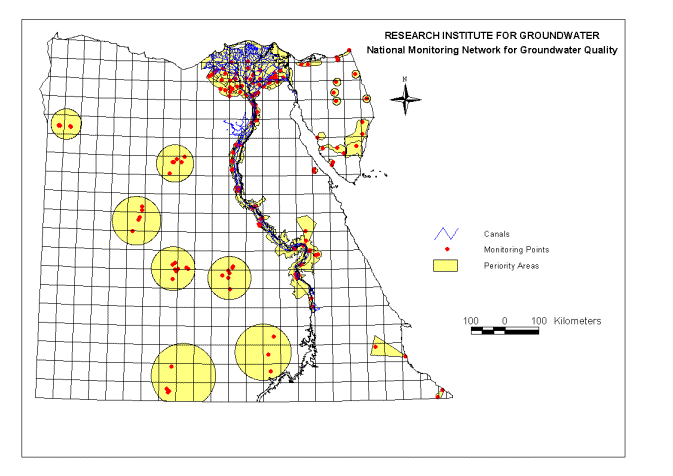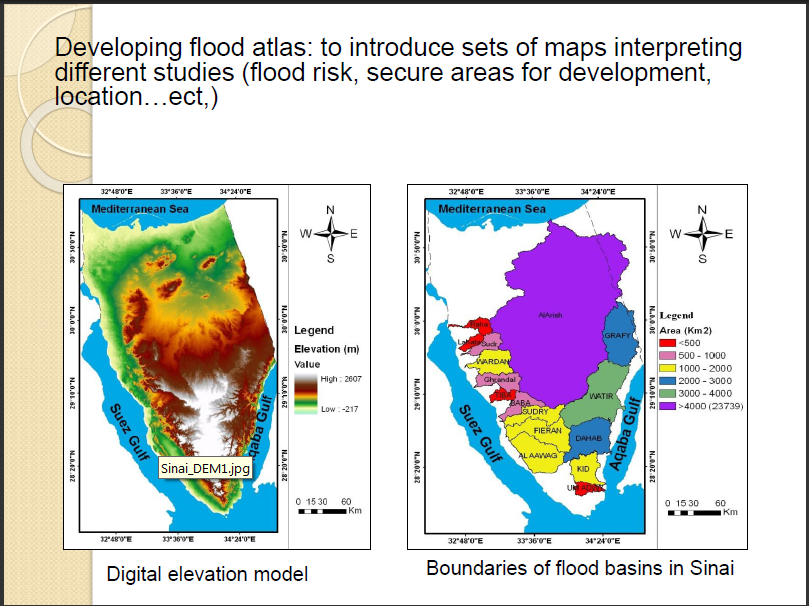
Research Experiment for Wastewater Treatment using Built-in Treatment Unit
Under the main goal of water management in Egypt, which includes making the most of the available water resources, the water policies of the Ministry of Water Resources and Irrigation aim to reduce the growing gap between resources and future water. In this regard, the wastewater treatment approach was studied to be applied for several uses. Hence, a research team from the Channel Maintenance Research Institute (CMRI) of the National Water Research Center (NWRC) established an integrated wastewater treatment unit within the research test area of the Central Laboratory for Environmental and Water Quality-Monitoring (CLEQM-NWRC) as a guideline model, to benefit from the wastewater resulting from the institutes and research units of NWRC. The idea of integrated wastewater treatment depends on the method of direct ventilation extended with the ability to use low-cost raw materials in the treatment of wastewater for use in the irrigation of green areas, fruit shrubs and agriculture in addition to the use of solids resulting from the process of treatment in the production of vital energy and compost. This model can be applied within new residential neighborhoods as well as rural villages deprived of the sewage system, thus reducing the stages of treatment from six stages into three stages, in addition to the conversion of large central stations into small decentralized stations, as well as the small size of the construction area required for the plant compared to the central treatment stations. Indicators of the initial results of the new treatment unit show the efficiency of this process.

